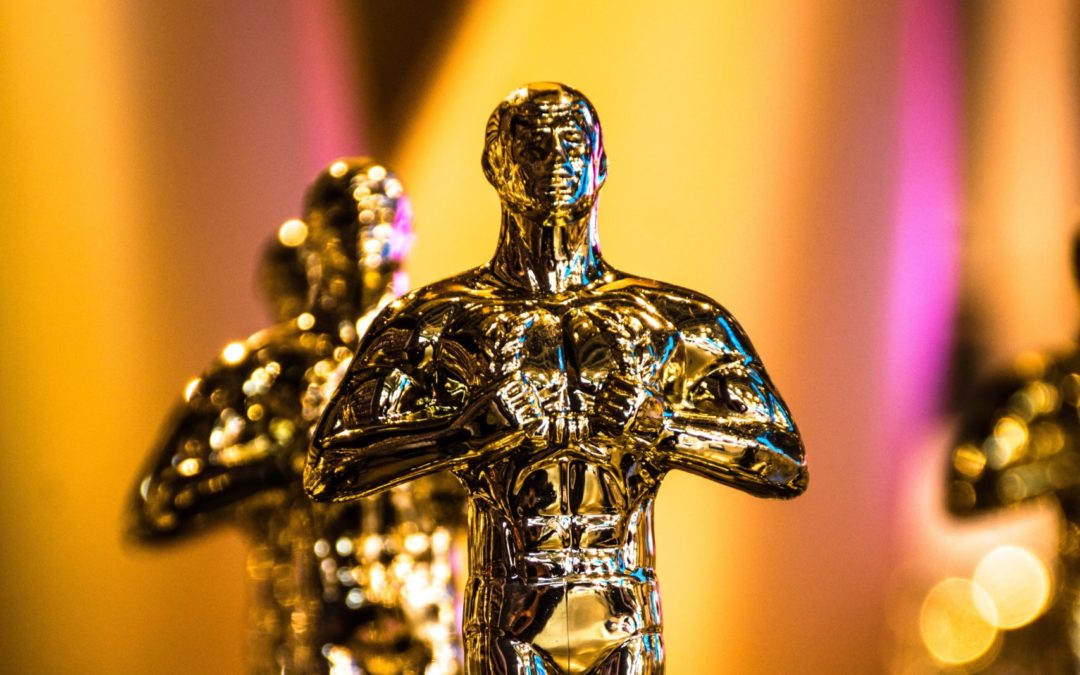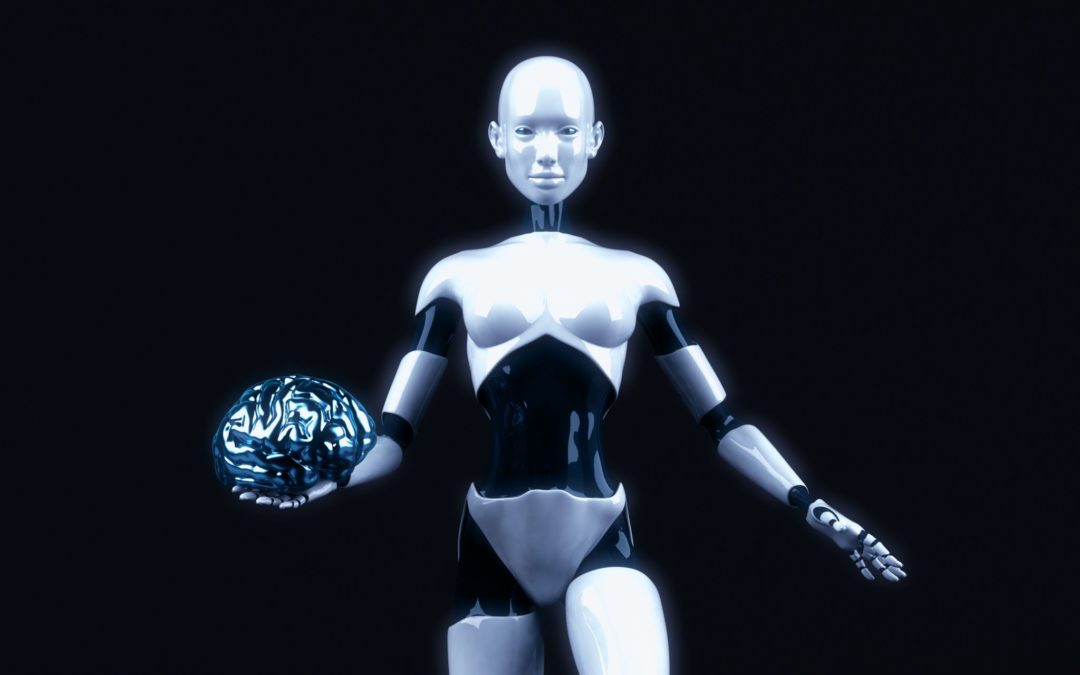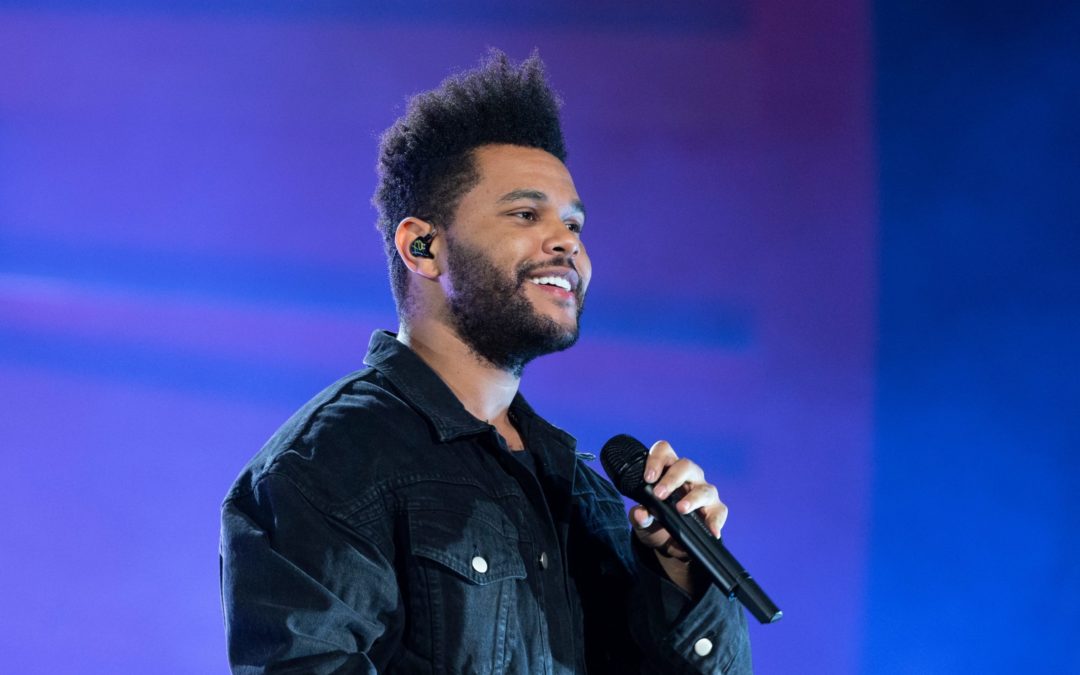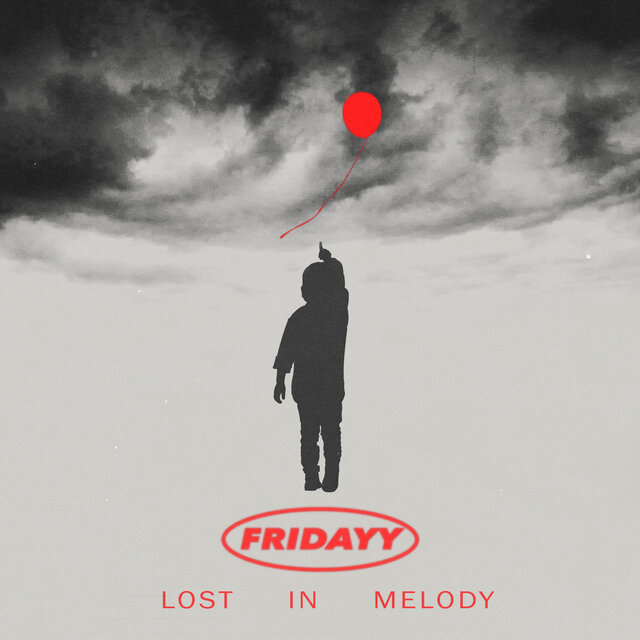
by Kareshia Prioleau | Apr 7, 2022 | Latest, Music News, New Music Alert |
At the Grammys in 2022, H.E.R. performed with Lenny Kravitz, Terry Lewis, Jimmy Jam, and Travis Barker.]
During the tour manager’s introduction, the singer began performing her hit songs. A multi-instrumentalist took to the drums, followed by vocalists Travis Barker and Lenny Kravitz, who each performed an electric guitar solo. The two musicians then joined in on a fast-paced duet while playing their guitars at the same time. Kravitz then introduced the nominees for the Album of the Year award.
In addition to H.E.R performance, Giveon, Daniel Caesar, asnd Justin Bieber performed their track, “Peaches.”
This year, she received eight Grammy nominations, making her a 21-time nominee. Back Of My Mind received five awards including Song of the Year, Album of the Year, Best R&B Album and Album of the Year for “Fight For You.” She also got nominated for the Musical Performance Award and was nominated for the Song of the Year Award. The song, “Fight For You”, has been nominated for both Best Traditional R&B Performance, as well as Best Song Written For Visual Media, at the 2017 Grammy Awards. Furthermore, for the Best Contemporary Christian Music Performance/Song nomination, “Hold Us Together” was nominated.
She was also the winner of the Song of the Year and Best R&B Song awards in 2021. Overall, she has four Grammy awards.
This year’s ceremony was attended in style by the 24-year-old. As part of her red carpet interview, she wore an outfit that homaged Aretha Franklin, and she talked about it with Laverne Cox about it. Bright yellow jumpsuits adorned with sequins wore H.E.R. Franklin at the 1976 American Music Awards ended her iconic look with a tangerine cape. With a legendary career spanning nearly five decades, Franklin won 18 Grammy awards.
Featuring performances by Olivia Rodrigo and Silk Sonic, who won Song of the Year for “Leave the Door Open”, the night kicked off with Olivia Rodrigo. Additionally, Lil Nas X and Jack Harlow performed, as well as Billie Eilish and Nas.
The ceremony was hosted by Trevor Noah for the second year in a row. MGM Grand Garden Arena hosted the 64th Annual Grammy Awards in Las Vegas, Nevada.

by Fabiola Noel | Oct 23, 2023 | Latest, Music News |
Photo by Samuel Ramos on Unsplash
When Salt-N-Pepa sat down with Will Smith for a chat on his podcast, Class of ‘88, a candid conversation about their boycott of the 1989 Grammys unfolded. This article delves into the duo’s reflections on their bold stance and its undeniable impact on their career and the music industry.
The Birth of Hip-Hop: A Golden Anniversary
In the podcast, Smith was curious about Salt-N-Pepa’s views on the evolution of hip-hop, which has recently celebrated its 50th year. He asked the duo if they could have ever predicted the genre’s meteoric rise in popularity.
Will Smith: “Could you ever have imagined hip-hop becoming what it is today?”
A Journey in a Male-Dominated Field
This prompted Salt-N-Pepa to recall their journey in the music industry, a field largely dominated by men. They reminisced about their decision to join the 1989 Grammys boycott, a bold move that was rare for women in the industry during that era.
The Grammys Boycott: A Risk Worth Taking
Pepa confessed to Smith that at the time of the boycott, they hadn’t won any awards despite their contribution to the music scene. The decision to boycott the Grammys brought with it a substantial risk.
Pepa: “As women, we didn’t win any awards at that time at all. And as a male-dominated field and taking a chance, we didn’t even know if the Grammys is going to say, ‘You know what? You went against us. You never gon’ be seen.’ But they listened.”
Salt, on the other hand, elaborated on the boycott’s significance for them and for the industry. She believed that their stand likely influenced the Grammys to televise their win in 1995.
Salt: “We had no idea that it would actually make an impact for change.”
Class of ’88: An Insightful Trip Down Memory Lane
On October 26, all eight episodes of Class of ’88, featuring conversations with various music icons, will be available on Amazon Music and Audible. Other guests on the podcast include Queen Latifah, Darryl “DMC” McDaniels, Rakim, Fab 5 Freddy, DJ Jazzy Jeff, Chuck D, J.J. Fad, and DJ Red Alert.
The conversation between Salt-N-Pepa and Will Smith provides a rare glimpse into the challenges faced by women in the music industry. Their decision to boycott the 1989 Grammys marked a significant moment in their career and helped pave the way for future female artists.
As we continue to celebrate the 50th anniversary of hip-hop, it’s essential to honor the pioneers like Salt-N-Pepa who helped shape this genre and fought for equality in the industry. Despite the challenges they faced, their story serves as an inspiration for aspiring musicians worldwide.

by Minnee | Sep 21, 2023 | Latest, Music News, New Music Alert, Tech News |
Photo by julien Tromeur on Unsplash
Artificial Intelligence (AI) has been making strides in the music industry, but recently, a significant development has put the spotlight on its implications. A track featuring the vocals of popular artists Drake and The Weeknd, created through AI, has been ruled out from eligibility for the Juno Awards. This decision has sparked numerous conversations about the role and influence of AI in music.
The Track in Question: “Heart On My Sleeve”
“Heart On My Sleeve” is an AI-created track that uses the voices of Drake and The Weeknd. This song has gained infamous status as it brought to the fore the potential of AI in creating music. However, it has also raised questions about the authenticity and legitimacy of such tracks.
“Heart On My Sleeve,” the infamous AI-made track featuring the voices of Drake and The Weeknd won’t be eligible to contend at the Juno Awards.
As per reports, the Canadian Academy of Recording Arts and Sciences has deemed the track ineligible for the Juno Awards. This decision is based on new rules concerning “AI Eligibility” set forth by Allan Reid, the president and CEO of the Academy.
According to The Globe and Mail, Allan Reid, the president and CEO of The Canadian Academy of Recording Arts and Sciences, implemented new rules concerning “AI Eligibility” that explained songs can use AI, but it can’t be the “sole or core component” of the track.
The New Rules from the Canadian Academy of Recording Arts and Sciences
According to Allan Reid, the new “AI Eligibility” rules stipulate that while songs can incorporate AI, it can’t form the “core or sole component” of the track. In layman’s terms, AI can be a tool in the creation process, but it can’t be the primary creator itself.
This rule essentially disqualifies “Heart On My Sleeve” from contention as the track primarily uses AI-generated voices that mimic Drake and The Weeknd.
“It’s ‘Drake and the Weeknd’ – but that’s not them,” Reid said. “That is not their voices; those are AI-generated voices.”
While the new rules seem to draw a clear line, they also leave room for interpretation. Allan Reid acknowledges that the past year has been a learning curve for the organization. The new rules, he says, serve as a “baseline” for them to work off of.
“We want to make sure that we have humans being recognized,” Reid added. “We can’t be awarding an AI project a Juno.”
The Implications for Music Industry
The barring of “Heart On My Sleeve” from the Juno Awards highlights a significant issue in the music industry – the role of AI in music creation. With AI becoming more sophisticated, its use in the industry is inevitable. However, the decision by the Canadian Academy of Recording Arts and Sciences underscores the need to distinguish between human creativity and AI-generated content.
In the case of “Heart On My Sleeve,” the song did not meet the new requirements set by the Juno Awards because the producer is not Canadian. Even if a song like this were to meet the criteria, it would still prompt a “deeper look” from the Junos, indicating the ongoing debate about the role of AI in music.
Despite the controversy surrounding “Heart On My Sleeve,” the song has gained considerable attention. In the US, the song’s producer submitted it for consideration for the Grammys. However, it was deemed ineligible because it wasn’t conventionally distributed.
The implications of AI in music go beyond awards eligibility. As AI technology advances, it is likely to play an increasingly influential role in music creation. This raises questions about originality, authenticity, and the very nature of creativity.
As the world grapples with the implications of AI in various fields, the music industry is no exception. The case of “Heart On My Sleeve” serves as a cautionary tale, highlighting the need for ongoing discussions and regulations surrounding the use of AI in music.
Looking Ahead
The barring of “Heart On My Sleeve” from the Juno Awards has sparked a conversation about the future of music in the age of AI. As we move forward, it’s clear that the music industry needs to find a balance between embracing technological advancements and preserving the essence of human creativity.
While AI can serve as a powerful tool for artists, it’s essential that it doesn’t overshadow the human element in music. After all, music is a form of human expression, and it’s the human touch that makes it truly resonate with listeners.
The controversy surrounding “Heart On My Sleeve” provides a valuable lesson for the music industry. As we navigate the intersection of technology and creativity, it’s crucial to establish clear guidelines that respect both human artistry and technological innovation. Only then can we ensure a harmonious future for music in the age of AI.

by Jonathan P-Wright | Sep 7, 2023 | Latest, Music News, New Music Alert |
Image credit: lev radin / Shutterstock.com
The world of music has been abuzz with the recent controversy surrounding the eligibility of “Heart On My Sleeve,” an Artificial Intelligence (AI) generated track featuring vocals of Drake and The Weeknd, for the upcoming Grammy Awards.
The Track: A Remarkable Feat of AI
The song, which surfaced on YouTube in April, later migrated to streaming platforms, amassing over 630,000 streams on Spotify before being taken down by Universal Music Group. It caused a stir due to its accurate replication of the artists’ vocals and lyricism, despite them not having any direct involvement in its composition.
Grammy Eligibility: A New Precedent
This week, the track was deemed eligible for Grammy consideration by Recording Academy CEO Harvey Mason Jr., who stated that “it’s absolutely eligible because it was written by a human.” This statement has sparked discussion among industry professionals, as it opens the door for AI-generated music to be considered for prestigious awards.
The Controversy: Universal’s Stand Against AI Music
While the tech world celebrates this as a victory for AI, Universal Music Group has taken a stand against the use of AI-generated music. In a statement released in April, they called AI music a “fraud,” and requested its ban from streaming platforms.
Universal Music Group calls AI music a “fraud,” and wants it banned from streaming platforms. Experts say it’s not that easy. https://t.co/g8CHWp3eH0 pic.twitter.com/DESVr3755Y
— CNN International (@cnni) April 19, 2023
The Dilemma: Embrace AI or Protect Artists?
Universal has always embraced new technology for the benefit of its artists, including having their own innovation around AI. However, they took issue with the use of their artists’ music to create AI-generated tracks, labeling it as a violation of their agreements and copyright law.
The Choice: Artists and Fans or Deep Fakes and Fraud?
Universal’s statement presents music industry stakeholders with a critical choice: to side with artists, fans, and human creative expression, or to support deep fakes and fraud, denying artists their due compensation.
The Responsibility: Platforms Must Act
Universal believes that platforms have a fundamental legal and ethical responsibility to prevent the use of their services in ways that harm artists. They are encouraged by the engagement of their platform partners on these issues, as they recognize the need to be part of the solution.
The Future: Uncertain Times Ahead
This controversy has ignited a debate that could redefine the music industry. As AI continues to advance and blur the lines between human and machine creativity, industry stakeholders will have to grapple with complex ethical and legal issues. It remains to be seen how this will play out, but one thing is certain: the music industry is in for a shakeup.
Conclusion: A Call to Action
The debate surrounding AI music and its eligibility for awards like the Grammy is more than just a legal issue. It’s a call to action for the music industry to define its stance on AI and to create norms that protect artists while also embracing innovation. As the saga of “Heart On My Sleeve” continues, it will undoubtedly shape the future of music.

by Derrick T Lewis | Jun 15, 2023 | Latest, Music News, New Music Alert |
During Sunday night’s (Feb. 5) Grammy Awards, Fridayy closed the show with a performance of his “GOD DID” along with Lil Wayne, JAY-Z, DJ Khaled, Rick Ross, and John Legend. Ahead of this major milestone in his career, the Philadelphia talent celebrated yesterday (Feb. 7) by taking the time to treat his fans to a deluxe version of the Lost In Melody EP.
A little more than a year ago, the album was upgraded to include four new tracks, of which one featured Ty Dolla $ign on the standout single entitled “Shoot.” In the song, both lead vocalists showcase their vocal abilities over the soulful production provided by ReezyTunez and Yonatan Watts:
This version of Lost In Melody first hit the streets back in October of last year, when it was released for the first time. In the project, Vory only contributed to one track out of seven, but it was soon followed by Meek Mill hopping onto “Don’t Give Up On Me” from the same project a couple of months later. Besides his own productions, Fridayy can also be heard on records featuring other artists, such as the collaborations “Forever (Remix)” featuring Ybk Wavy, “Sacrifices” featuring Symba, “Forever” featuring Lil Baby, and more.
In a previous interview, in which the “Empty Stomach” singer Fridayy discussed his collaboration with DJ Khaled, he discussed how “GOD DID” came to be. It was made specifically for him. There were a couple of producers who I knew who knew him. I hear him announce every day that ‘GOD DID’ is what he did on Instagram,” he said. “ I was aware that he was about to release a new album.
As soon as I made it, I contacted the A&R on the publishing side of my company, and they forwarded it to Khaled. It wasn’t long before Khaled hit us the following day. As a matter of fact, I recorded it back in June, and he dropped the trailer a few weeks later, around July 6.”








RECENT COMMENTS